Your cart is currently empty!
Tag: Organic
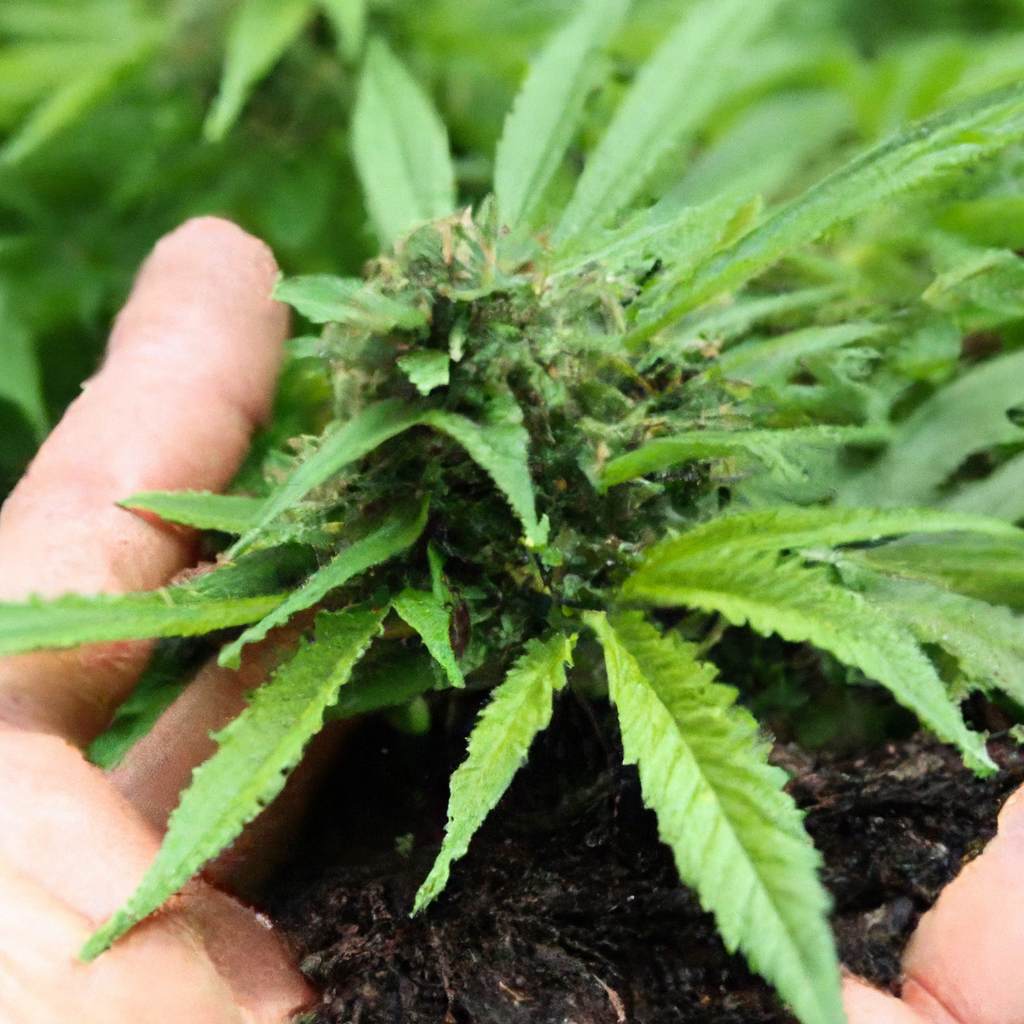
In the pursuit of sustainable cannabis cultivation, organic methods stand out by prioritizing natural fertilizers, composting, and eco-friendly pest control. Building a healthy soil ecosystem is foundational, utilizing composting, beneficial microbes, and crop rotation to enhance soil fertility. Avoiding synthetic chemicals, employing natural pest control, and using organic mulch improve plant and ecosystem health. Sustainability…
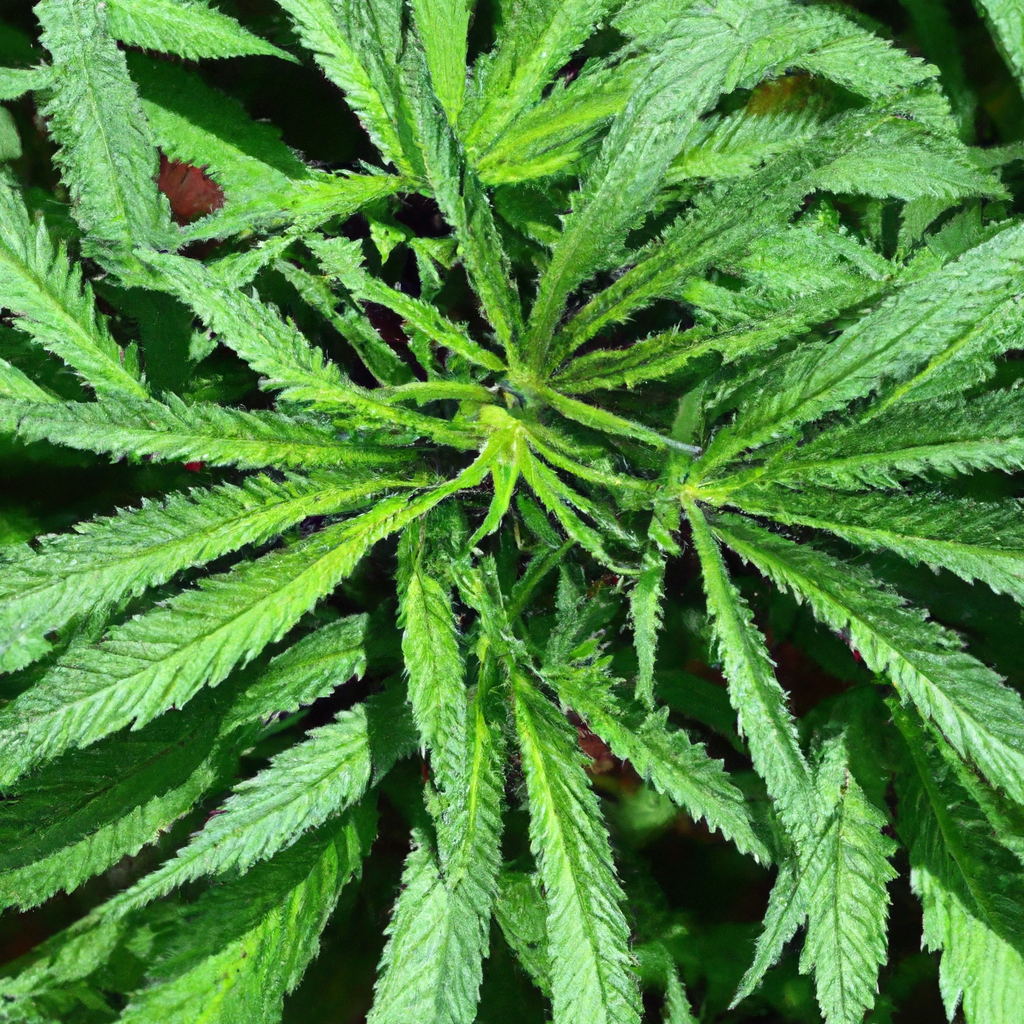
Embrace sustainable organic cannabis cultivation by focusing on natural fertilizers, composting, and eco-friendly pest control to enhance environmental health and crop quality. This guide delves into nurturing soil ecosystems with natural fertilizers like compost and animal manure, promoting soil health through strategic composting methods, and utilizing natural pest control practices such as companion planting and…
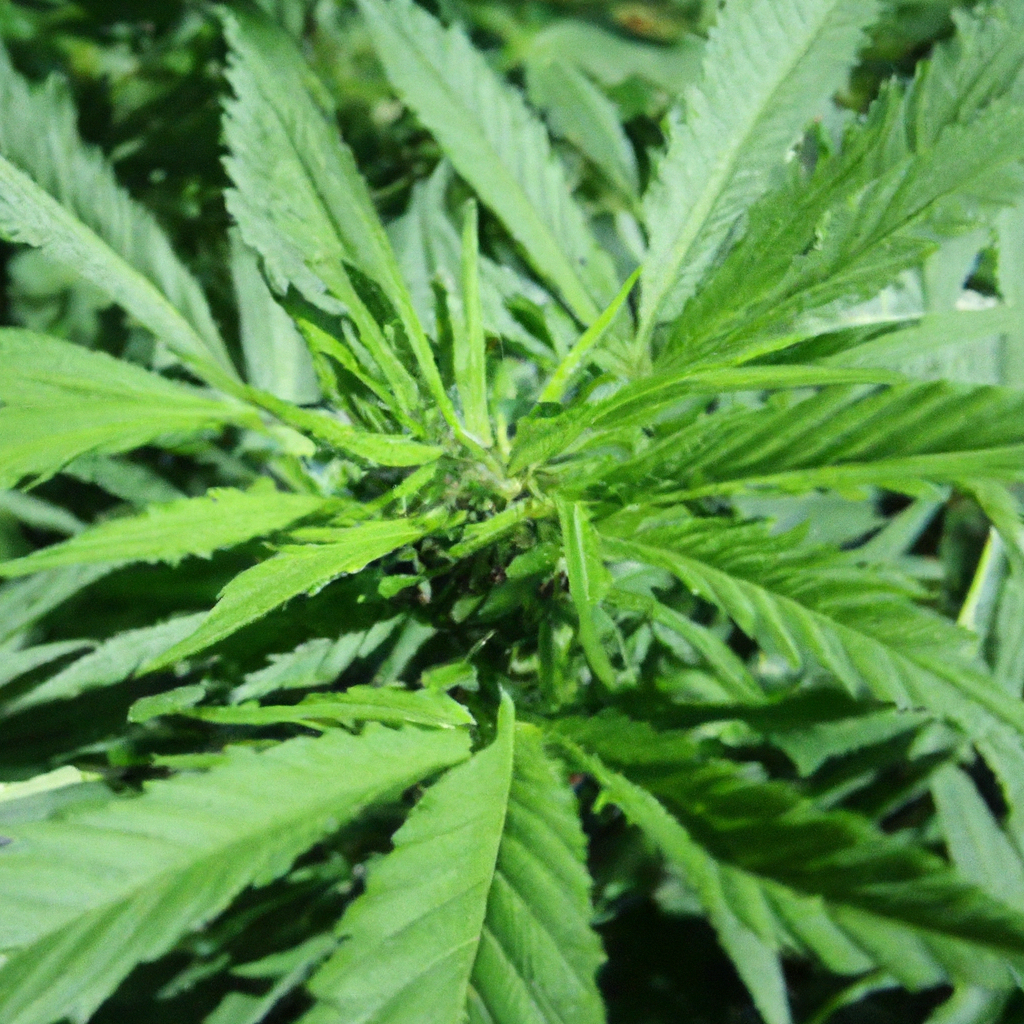
Organic cannabis cultivation is an eco-conscious approach that benefits both the environment and consumers by using natural fertilizers, compost, and pest control. This method fosters vibrant, healthy plants while promoting sustainability and avoiding synthetic chemicals. Key practices include enhancing soil health with compost and worm castings, utilizing beneficial insects and companion planting for pest control,…
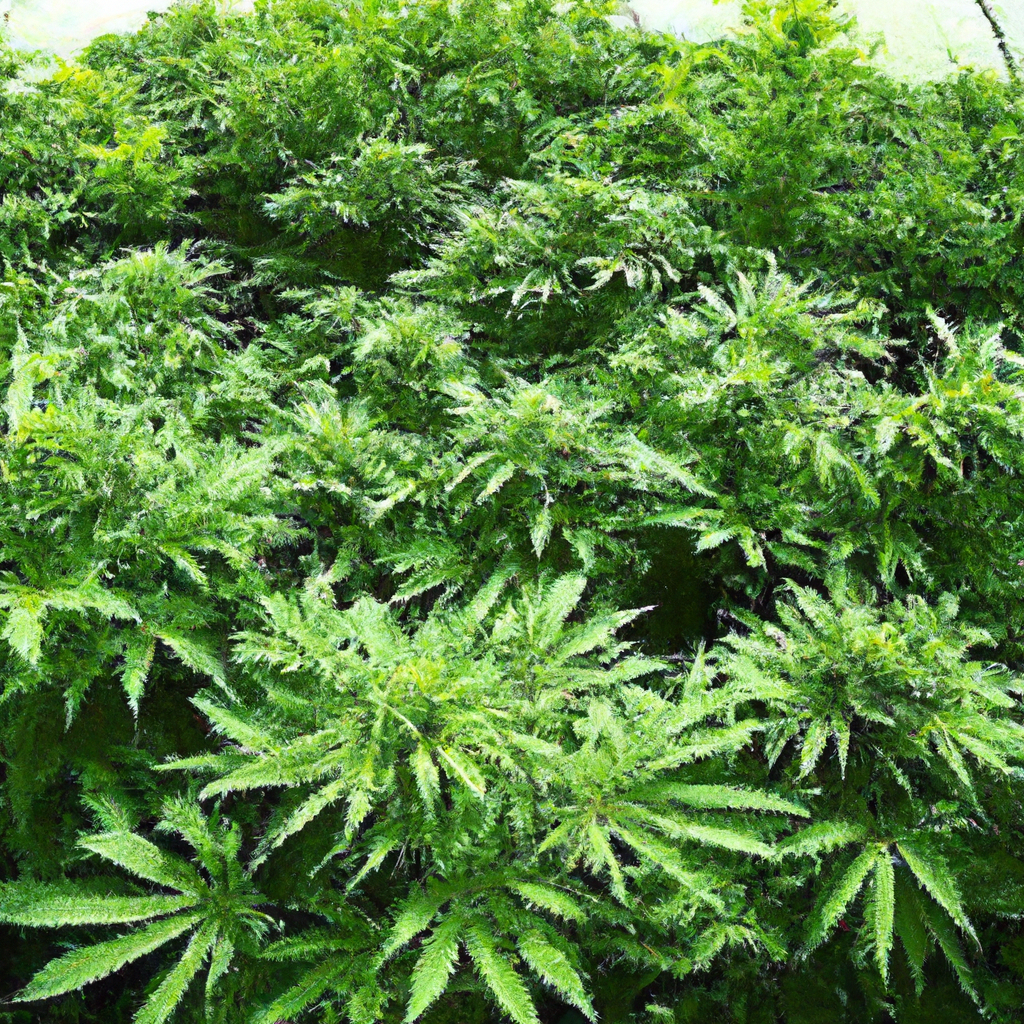
Shade management is vital for cannabis growers to optimize plant health and yields by balancing light exposure. This article highlights effective techniques such as using shade cloths, proper plant spacing, and natural shade providers. It also emphasizes the importance of tailoring shade strategies to specific cannabis strains, as different varieties have varying light tolerances. Successful…
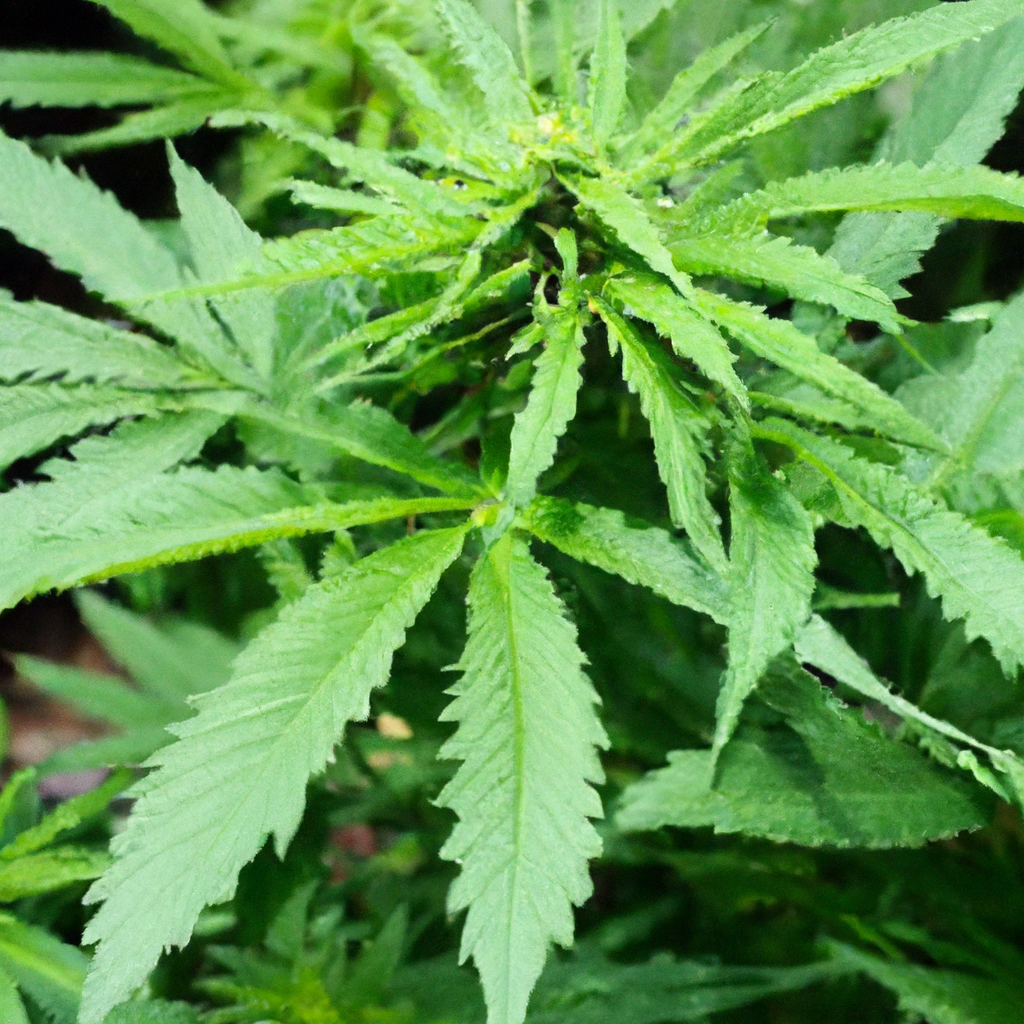
In the evolving world of cannabis cultivation, organic techniques are favored by environmentally-conscious growers and health-conscious consumers. This guide outlines key practices for cultivating cannabis organically, including building healthy soil ecosystems through composting and cover crops, using natural fertilizers like bone meal and fish emulsion, and implementing sustainable pest control methods with beneficial insects and…
In the rapidly growing field of cannabis cultivation, organic methods are celebrated for promoting soil health and sustainability. This article explores advanced practices that enhance growth while benefiting the environment and consumers. Key strategies include building a thriving soil ecosystem through compost, mulch, and crop rotation, utilizing natural fertilizers like vermicompost and manure tea, and…
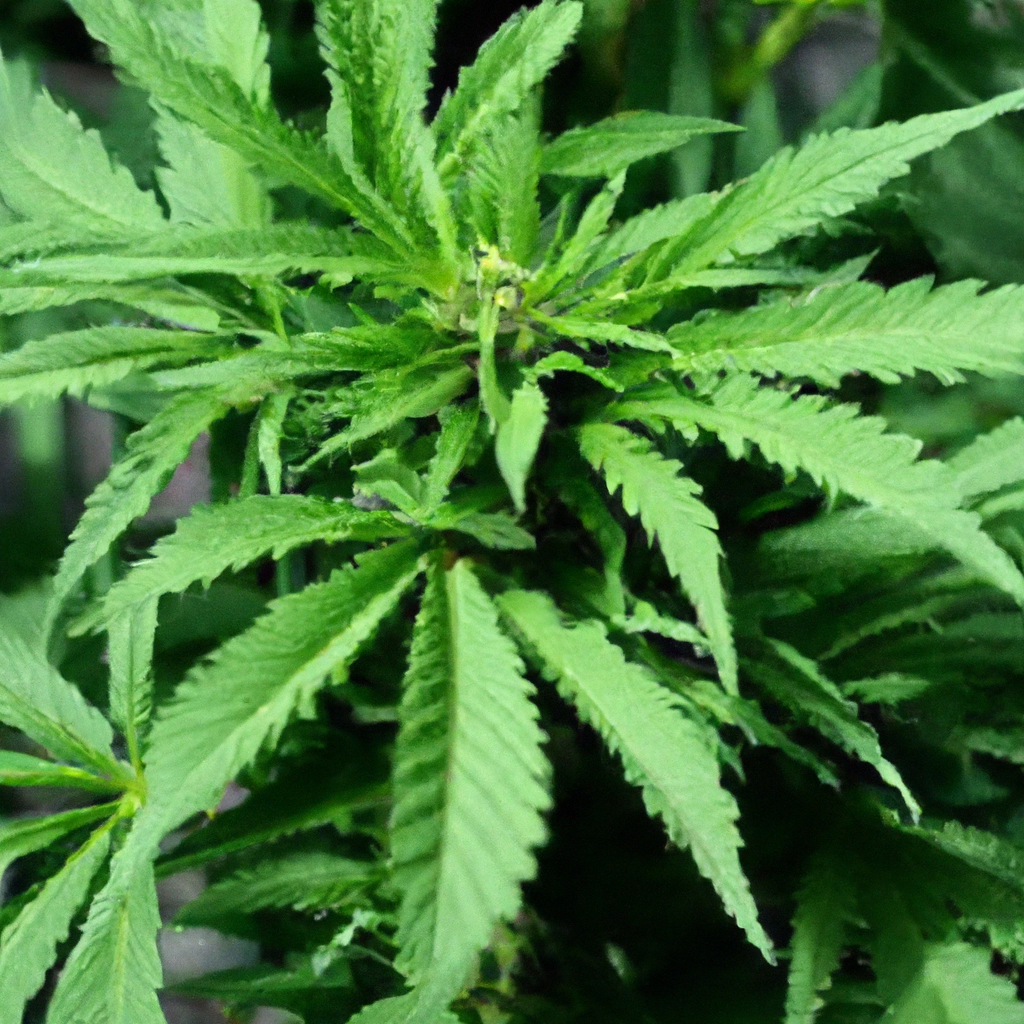
Explore the benefits of organic cannabis cultivation, emphasizing eco-friendly methods that enhance both plant health and sustainability. By enriching soil with compost and using companion planting, growers can create a robust ecosystem. Natural fertilizers like bone meal and fish emulsion promote growth, while eco-friendly pest control using neem oil and beneficial insects ensures a chemical-free…
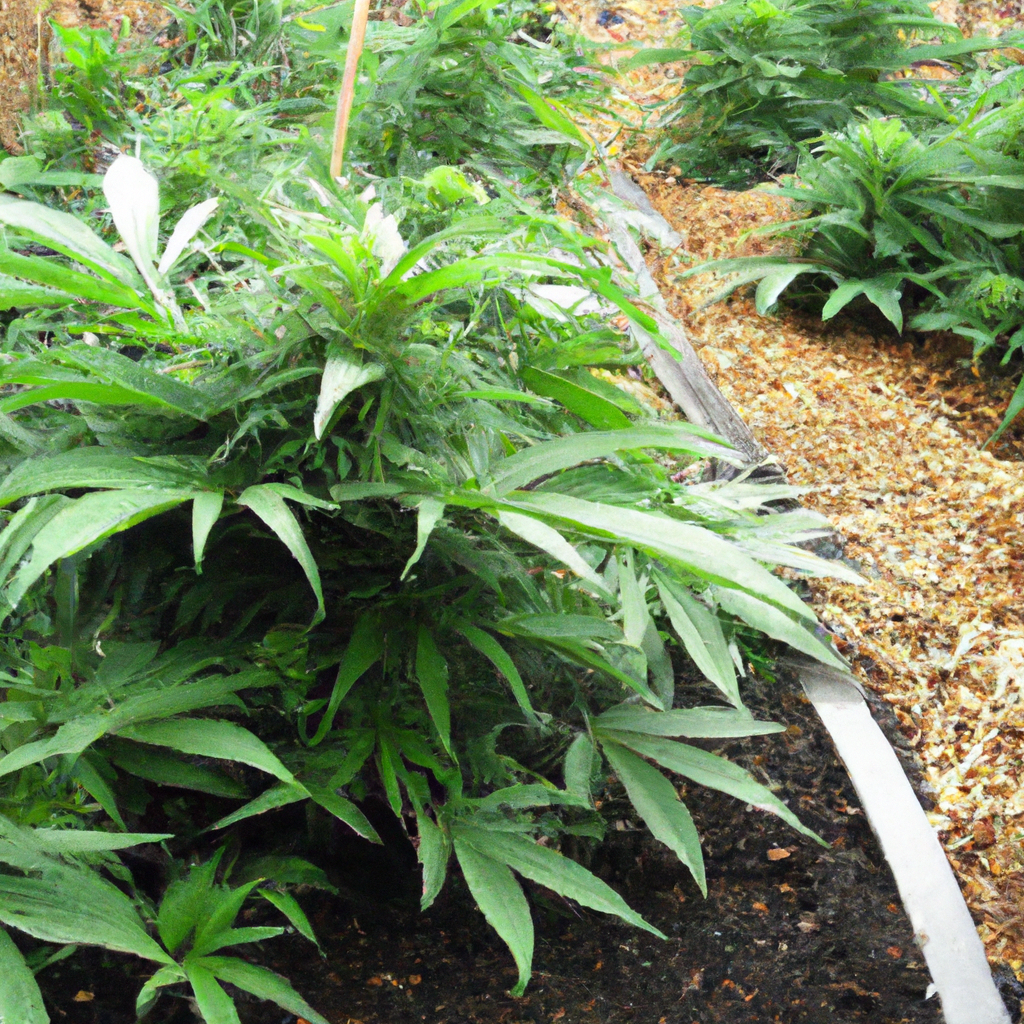
Embracing sustainable practices in cannabis cultivation, mulching offers multiple benefits by covering the soil with organic or inorganic materials. This technique conserves moisture, suppresses weeds, regulates soil temperature, and enhances soil fertility, all of which contribute to healthier cannabis growth. Growers can choose between organic mulches, which improve soil health by decomposing and releasing nutrients,…
Organic cannabis cultivation is more than a trend; it’s a sustainable practice that respects the environment. By using natural fertilizers, composting, and eco-friendly pest control, growers can enhance both the quality of cannabis and its ecological impact. Key practices include building a healthy soil ecosystem through compost and cover crops, and using natural fertilizers like…
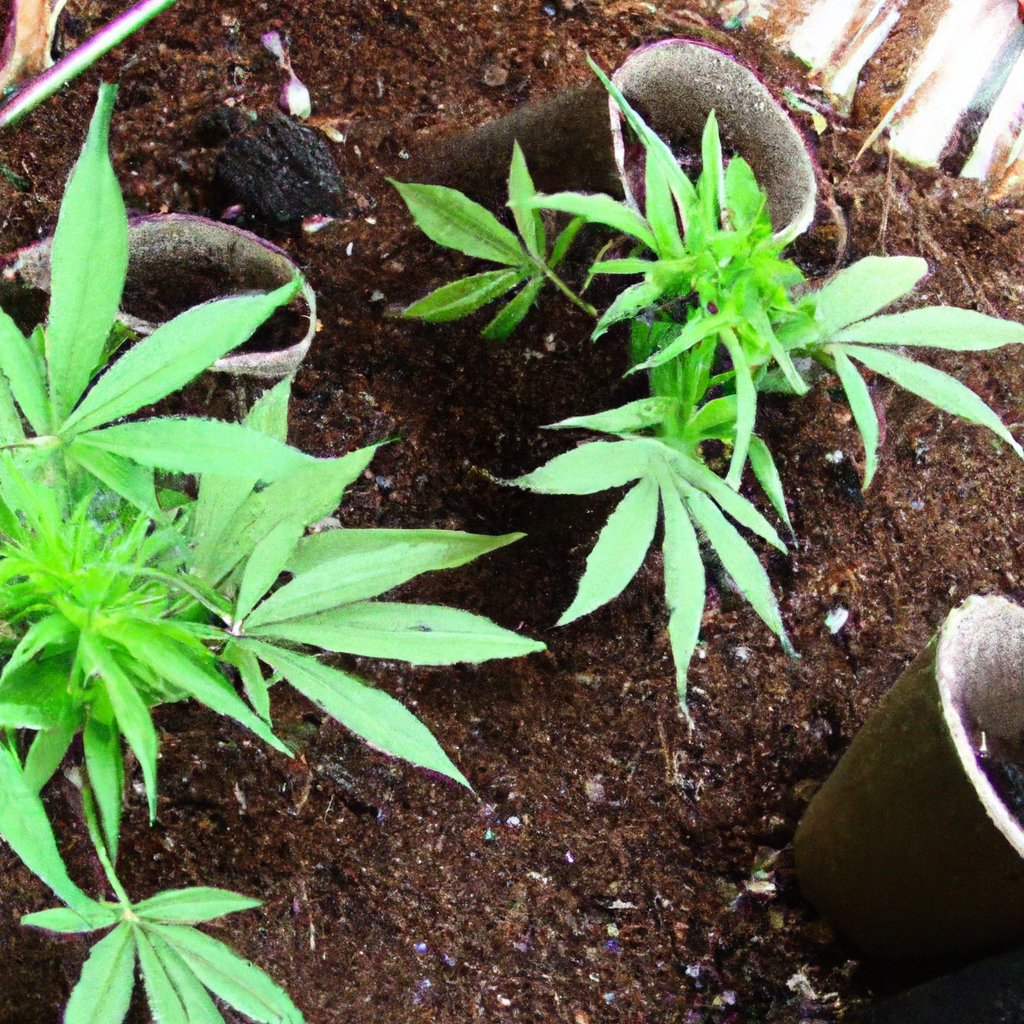
Growing cannabis organically combines art and science to enhance plant health and potency through natural soil enrichment. This article explores sustainable methods to improve soil quality and nutrient availability, crucial for a successful harvest. Key strategies include using organic amendments like compost, worm castings, and bat guano to boost nutrient content. Beneficial microbes such as…
